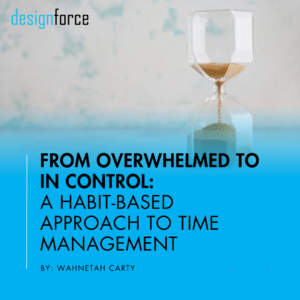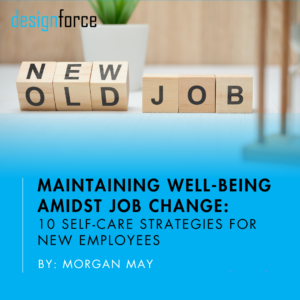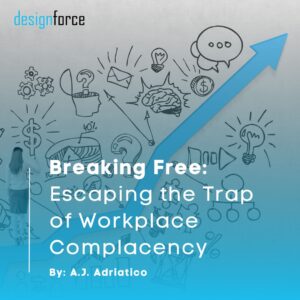The dreaded question, “May I have your references?” Most people do not know who they are going to list as a reference because they never put much thought into it. References are individuals who can speak about your work experience and qualifications… hopefully in a positive light! Let’s dive more into the who’s and don’ts of references.
Who:
- Supervisors or managers – Individuals who you directly reported to make great references! Your supervisors or managers tend to know your management style, how you operate and your best characteristics. Leaders who have departed from your organization often are very candid and honest regarding their time working with you. If you have left the organization and a previous leader is still employed there, he or she can shed a lot of light on your capabilities. Be cautious of listing a supervisor who fired you or may not have had the best relationship with as they may skew their answers to make you appear to be an undesirable candidate.
- Co-workers – You see your peers every day in the workplace. They usually know your personality well and teamwork style. My colleagues know my character extremely well since I partner with them daily. I am confident they would let me list them as a reference if I ever needed one. If you work remotely for more than fifty percent of the time, it may be difficult to obtain a co-worker reference. They may not know the “full you.” If you have not had contact with a colleague for years, you may want to reconsider them as a reference since you may have obtained new skills and information.
- Vendors or clients – Working with third party collaborators may take up a majority of your day. For example, interior designers partner closely with furniture dealers and manufacturers. By developing a close relationship with vendors and clients, they will be able to represent your depth of industry knowledge and relationship building skills.
Don’t:
- Don’t list a reference unless you have asked permission beforehand. This has happened to me before. When I received a call from the person who listed me, I was very confused as to why the reference-checker was reaching out to me. Golden rule – always ask if you can list them before assuming you can.
- Don’t list your references on your resume. References are valuable and personal information that should be shared only when you are ready.
- Don’t list your references on an application before speaking to someone from the company you are applying to. There are several online forms that ask for references when submitting an application. When filling out applications in the past, I filled in, “Contact me for references.” Once again, references are private information.
If you need employment verification, Human Resources can easily disclose your dates of employment and eligibility for rehire. For larger companies, Human Resources may or may not specifically remember who the employee is but can easily obtain the requested information.
In my opinion, references are not a bad thing; it means that a prospective organization wants to learn more about you. In today’s world, most companies do not have time to check references. I feel references are very important to learn the professional and personal side of someone. I conduct references frequently and typically gain more insight on a person than I would have by just speaking to them. Let’s face it; we aren’t all the best at boasting our abilities. Think about it, you have great success in your career and your references will want to showcase you. It is acceptable to be the star of the show from time to time, and be grateful for it. Lights, camera, action!

Related Posts
Let's learn together.
Stay inspired and in the know on all things A|E|C.
Sign up for our monthly newsletter.










